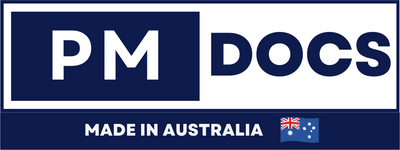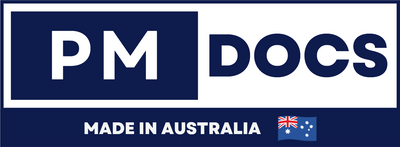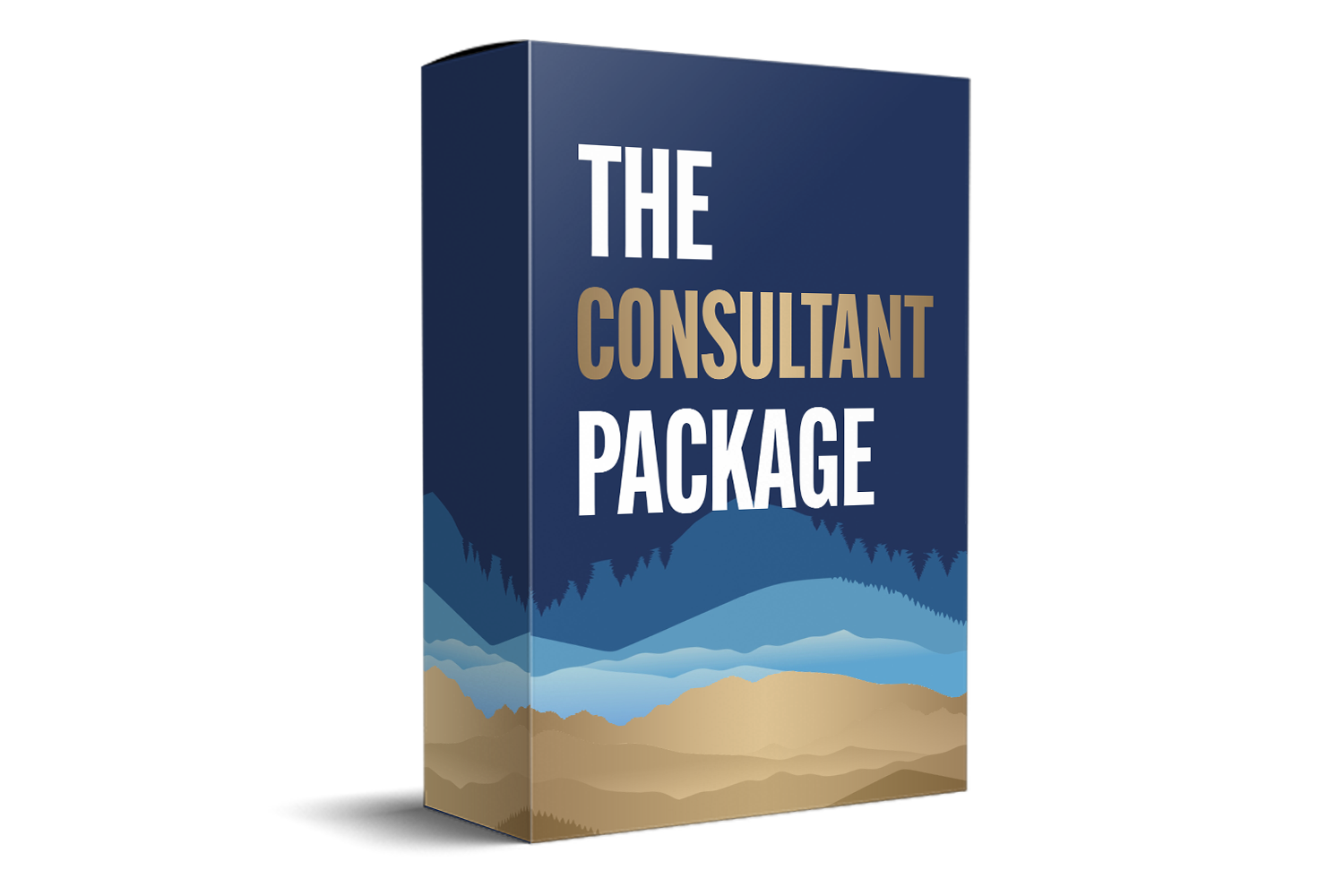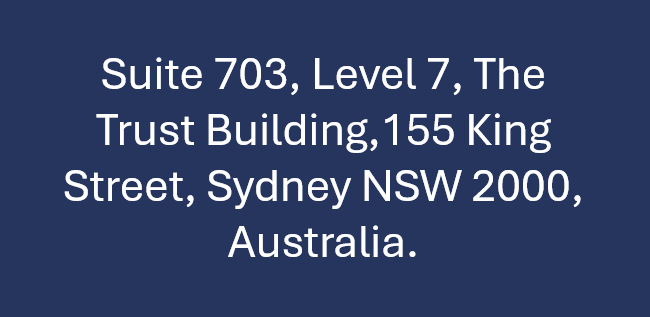ISO 9001 Consultants In Australia How To Select The Right One
Your Blueprint For Success: How To Select The Right ISO 9001 Consultant In Australia
Embarking on the journey to achieve ISO 9001 certification is a pivotal decision for any Australian business. It’s a commitment to quality, efficiency, and continuous improvement that can open doors to new markets, enhance customer satisfaction, and streamline your operations. However, the path to certification can be complex, fraught with intricate standards and meticulous documentation. This is where a skilled ISO 9001 consultant becomes an invaluable partner.

But with numerous consultants and firms operating across Australia, from Sydney and Melbourne to Perth and Brisbane, how do you choose the right one? Selecting the wrong consultant can lead to a costly, time-consuming process that results in a system that feels like a burden rather than a benefit.
This guide will serve as your blueprint for finding an ISO 9001 consultant who is not just a compliance expert, but a strategic partner for your business's long-term growth.
Why You Need A Consultant (And Why You Don’t)
First, let’s address the elephant in the room: is a consultant essential? Technically, no. The standard does not require you to use one. A highly dedicated and knowledgeable internal team can theoretically navigate the process.
However, for most organisations, the value a consultant brings is immense:
-
Expertise and Experience: They know the standard inside out, including common pitfalls and the most efficient paths to compliance.
-
Objectivity: An external consultant provides a fresh, unbiased perspective on your processes, identifying gaps you may be too close to see.
-
Time Savings: They manage the heavy lifting of documentation and project management, allowing your team to focus on their day jobs.
- Auditor Insight: A good consultant understands how certification bodies think and can prepare your team effectively for the audit process.
The key is to find a consultant who empowers your team, not one who creates a system you can’t maintain without them.
Key Factors To Consider When Selecting Your Consultant
Not all consultants are created equal. Use the following checklist to evaluate potential candidates.
1. Proven Experience and Credentials Look for more than just a website claiming expertise.
-
Qualifications: Do they lead-certified ISO 9001 auditor or implementer? What other relevant qualifications do they hold?
-
Industry Experience: Have they worked with businesses of your size and, crucially, in your sector? A consultant experienced in manufacturing will approach risk differently than one focused on professional services or healthcare.
- Track Record: Ask for case studies or testimonials from past clients, specifically Australian businesses. A reputable consultant will be proud to share their success stories.
2. A Methodology That Fits Your Culture Beware of consultants who offer a one-size-fits-all, "copy-paste" solution. Your Quality Management System (QMS) must be tailored to your unique business.
-
Assessment First: They should always begin with a comprehensive gap analysis to understand your current state.
-
Collaborative Approach: The consultant should work with your team, not in isolation. Their goal should be knowledge transfer, making your staff the owners of the system.
- Practicality Over Paperwork: The best consultants focus on implementing effective processes, not just creating beautiful binders of documents that sit on a shelf.
3. Understanding of the Australian Context A consultant based in Australia, or one with extensive experience here, brings distinct advantages:
-
Knowledge of Local JAS-ANZ Accredited Certification Bodies: They know which certifiers are reputable and a good fit for your industry.
-
Understanding of Australian Business Laws: They can help ensure your QMS aligns with relevant Australian Standards and legislation.
- No Time-Zone or Communication Barriers: Easy to meet face-to-face or jump on a call during business hours.
4. Clear Pricing and Project Structure Transparency is key. Understand exactly what you are paying for.
-
Fixed Price vs. Daily Rate: Is the project quoted as a fixed fee or based on a day rate? A fixed-price project provides more cost certainty.
-
What’s Included: Does the quote include everything from the gap analysis to final audit support? Are there any hidden costs for travel or additional document revisions?
- Post-Certification Support: What happens after you get the certificate? Do they offer ongoing support or auditing services to ensure continuous improvement?
Comparison Table: The Consultant Spectrum
To simplify your decision, consultants generally fall into three categories. Here’s how they compare:
| Feature | The Premium Partner | The Standard Consultant | The "Budget" Option |
|---|---|---|---|
| Focus | Strategic business improvement & cultural change | ISO 9001 compliance & certification | Minimal compliance & certificate acquisition |
| Approach | Collaborative, tailored, integrated with your goals | Methodology-driven, often using proven templates | Generic, "off-the-shelf" documentation |
| Delivery | Knowledge transfer, coaching, and mentoring | Directive, "tell and show" | Hands-off, you do most of the work |
| Cost | Higher investment | Mid-range | Low upfront cost |
| Long-term Value | High - Creates a sustainable system that delivers ROI | Medium - Gets you certified but may lack depth | Low - Risk of a system that fails at audit or is abandoned |
While budget is always a consideration, the "Premium Partner" often provides the greatest return on investment by building a system that truly improves your business.
Your Step-by-Step Selection Process
Follow this list to navigate the selection process methodically.
-
Define Your Goals: Why are you seeking certification? Is it for a specific tender, customer demand, or internal improvement? Your goals will influence the type of consultant you need.
-
Conduct Market Research: Search for "ISO 9001 Consultant Australia" or ask for recommendations from business networks. Create a longlist of potential candidates.
-
Screen and Shortlist: Review websites, credentials, and client testimonials. Narrow your list down to 3-4 firms or individual consultants.
-
Request Proposals: Send a detailed brief of your company and your objectives. Ask for a formal proposal that outlines their methodology, timeline, and costs.
-
Interview the Finalists: This is crucial. Prepare a set of questions to ask each consultant:
- "Can you describe your experience in our industry?"
- "What would your first month of engagement look like?"
- "How do you ensure the system remains ours after you leave?"
- "Can you provide two references from past clients?"
- "Can you describe your experience in our industry?"
-
Check References: Actually call the references! Ask about the consultant's reliability, expertise, and the long-term success of the QMS they helped implement.
- Make Your Decision: Choose the consultant who offers the best blend of experience, methodology, cultural fit, and value—not just the lowest price.
Red Flags To Avoid
-
Guaranteed Certification: No consultant can guarantee certification—that’s the sole discretion of an independent certification body. This is a major red flag.
-
Pre-Written, Generic Manuals: If they immediately try to sell you a generic quality manual without understanding your business, walk away.
-
Lack of Clear Communication: If they are difficult to reach during the sales process, it will only get worse once you’ve signed a contract.
- Unrealistic Timelines or Prices: If a quote seems too good to be true, it probably is. A proper implementation takes time and effort.
Invest In Your Future, Not Just A Certificate
Selecting the right ISO 9001 consultant in Australia is one of the most critical decisions you’ll make on your quality journey. The right partner will help you build a robust, living management system that drives efficiency, wins customers, and fosters a culture of continuous improvement. They won’t just help you get a certificate; they’ll help you build a better business.
Take your time, do your due diligence, and choose a consultant who views your success as their success. Your future self—and your bottom line—will thank you for it.





